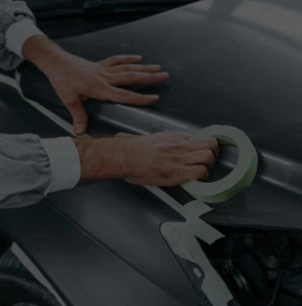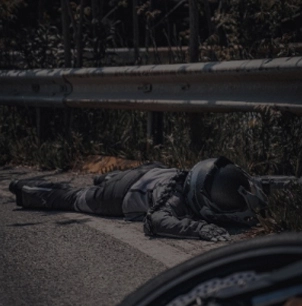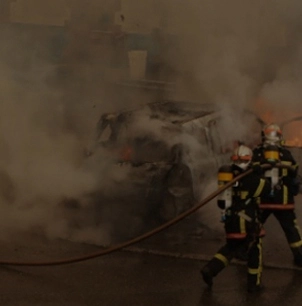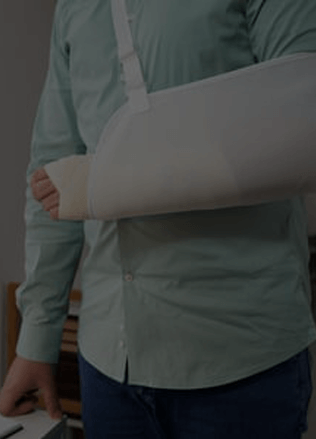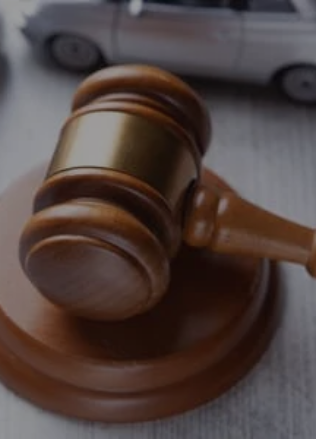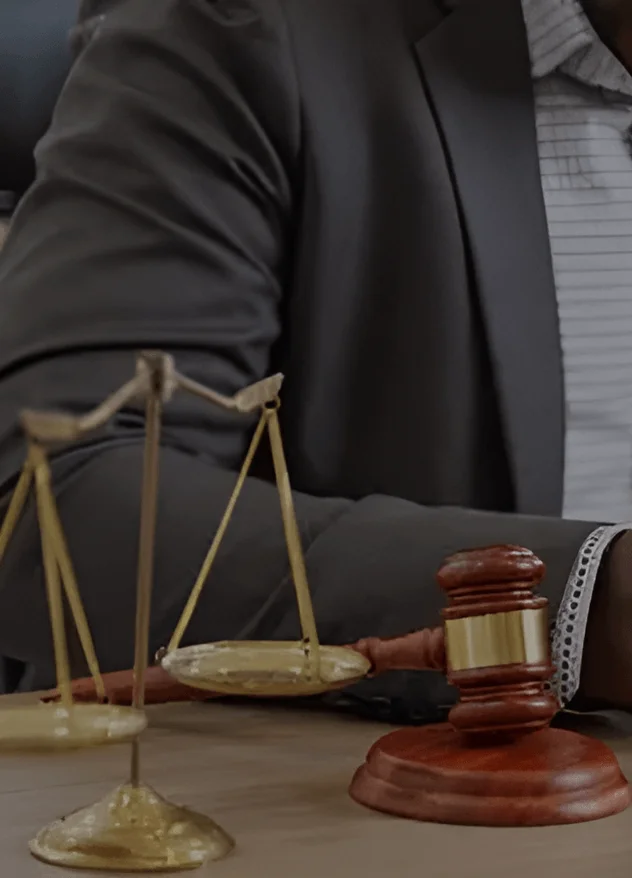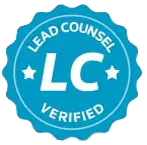Illinois, like all states, requires drivers to have liability insurance to pay for victims’ damages, typically represented on the policy as three numbers, separated by slashes. The lowest numbers you will (legally) find in Illinois are 25/50/20.
These stand for $25,000 in personal injuries per person, $50,000 in personal injuries per accident, and $20,000 in property damage. These are the minimum amounts an insured driver has to have, though plenty of drivers will opt for better protection with higher coverage.
Because the state of Illinois is an at-fault state and because drivers are required to provide information in the event of an accident, getting compensation is relatively straightforward – at least, once fault is established. Claimants simply contact the liable party’s insurer for payment.
Not to make light of the process and say it is easy, of course; after all, insurers aren’t just going to release five-to-six-figure sums to claimants. But that’s why people work with personal injury lawyers after car accidents to make their claims.
Unfortunately, the typical claims process is not possible in the case that the liable party is uninsured or underinsured. The same is true for hit-and-run accidents where neither the police nor the victims are able to identify the culprit.
In these cases, you may file a claim from your own state-required UM/UIM (uninsured motorist/underinsured motorist) insurance policy.
In addition to the aforementioned liability insurance, Illinois also requires drivers to have a minimum of $25,000 per person and $50,000 per accident in UM/UIM bodily injury coverage. Again, these are minimum amounts, and with larger coverage, claims can also be higher.
There is also the option of compensation through PIP insurance policies, though these are not required in Illinois.
Of course, just as there is the possibility of the other driver being uninsured, there is also the chance you do not have a UM/UIM insurance policy. In this case, you cannot seek compensation from any insurance provider.
There are other routes to compensation in these bleak scenarios, such as local assistance programs and crime victim compensation programs, and your lawyer may still be able to advise you which route is possible.
